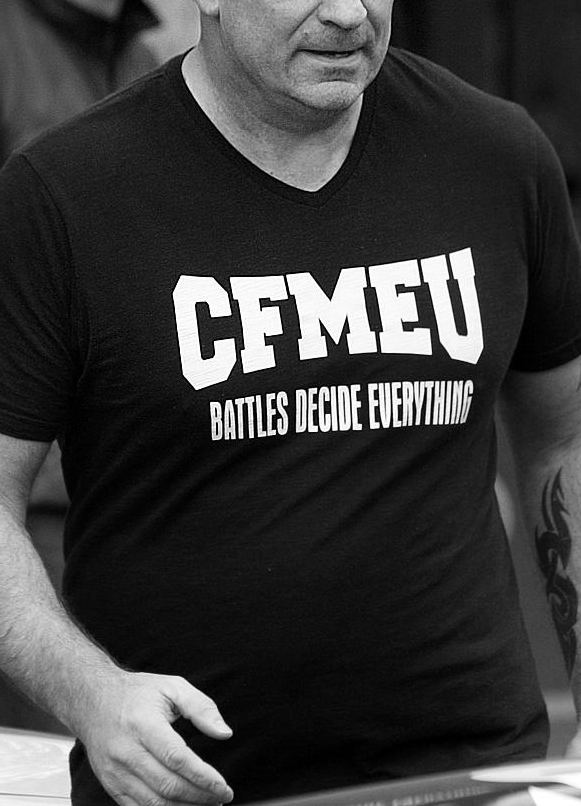CFMEU deal reached
 New legislation will see the CFMEU placed under external administration.
New legislation will see the CFMEU placed under external administration.
Laws passed by the Senate this week grant the Workplace Relations Minister the power to appoint an administrator to take over the union's operations.
Legislation is being pushed through after the Coalition moved amendments that increased the minimum administration period for the union to three years.
It comes after media reports laid bare the CFMEU’s web of corruption, criminal ties, and lawlessness.
Allegations suggest that the union operates more like a crime syndicate than a labour organisation, with officials accused of bribery, intimidation, and close connections to bikie gangs.
Instead of protecting workers, the union’s leadership has allegedly fostered a culture of thuggery, resisting oversight and reform.
The government's intervention to place the CFMEU under administration reflects the dire state of the union, which has prioritised power and criminal alliances over any interest in protecting workers.
The government, including Workplace Relations Minister Murray Watt, argues that the administration is necessary to clean up the union and ensure that it operates free from criminal influence.
“This is hard, dangerous work in construction, but they need one that’s clean and free from the constant allegations of organised crime, bikies, violence on-site that we see surrounding this union,” Watt said this week.
The union has expressed strong opposition to the legislation.
CFMEU National Secretary Zach Smith criticised the bill as a violation of the union members' rights.
“The deal cut by Labor and the Coalition is as shameful as it is unnecessary—an act of political expediency at the expense of fundamental tenets of Australian democracy and our legal system,” Smith said.
The opposition’s support for the bill came after securing key concessions, including a requirement for the administrator to report to parliament every six months and an assurance that the union would not be allowed to spend money on political campaigns or donations during the administration period.
The legislation has found support among business and building groups, who have long called for more stringent oversight of the CFMEU.
Denita Wawn, CEO of the Master Builders Association, has welcomed the bill as a “critical first step” in addressing what she described as an “ingrained culture of lawlessness and thuggery” in the construction sector.
However, the Greens have fiercely opposed the bill, labelling it as an attack on workers' rights.
Greens MP Max Chandler-Mather condemned the legislation as “the most draconian, anti-worker laws this country has seen”, arguing that it undermines the rule of law and sets a dangerous precedent.
The CFMEU’s future now hangs in the balance as the government prepares to implement its administration plan.








 Print
Print